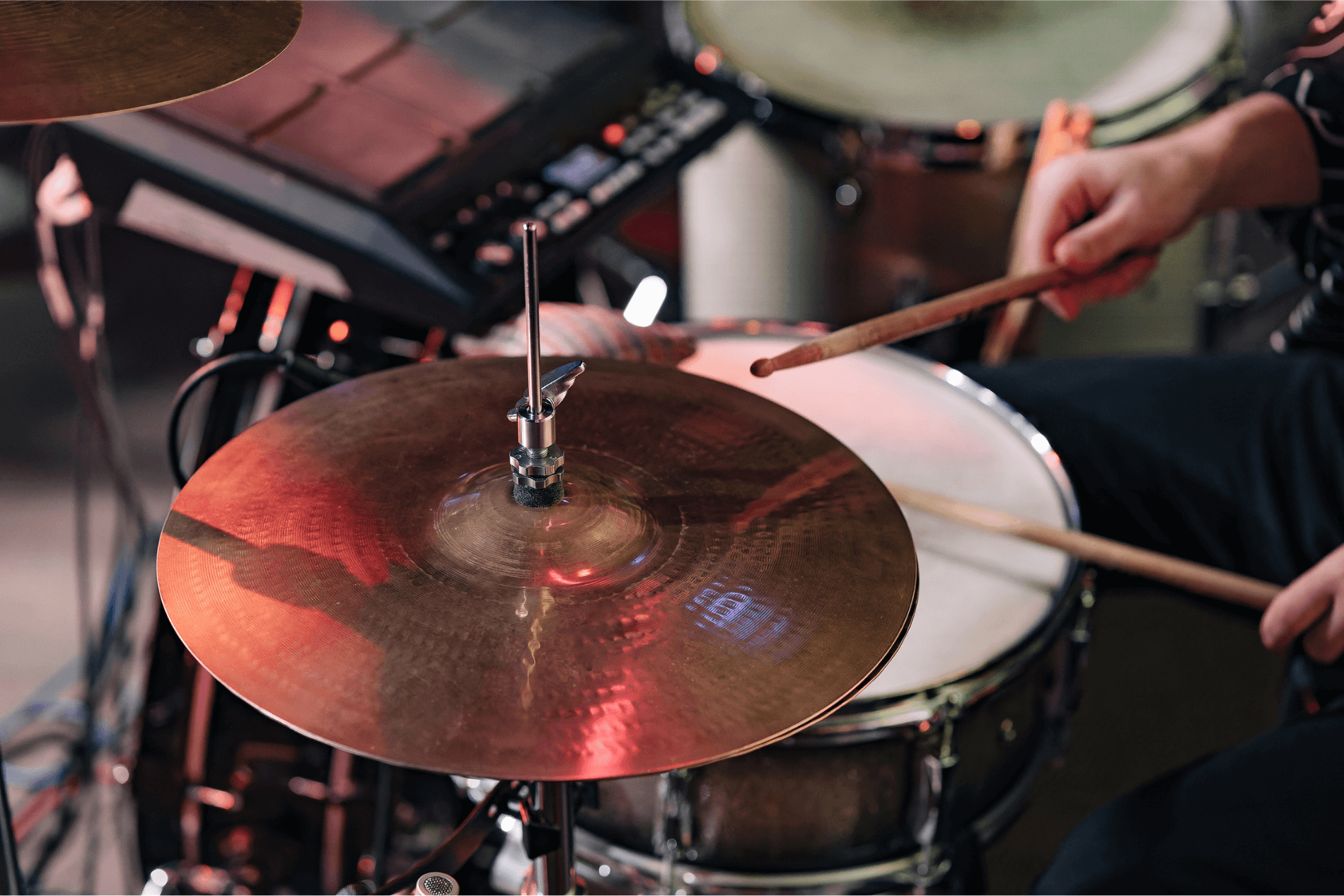
Being a musician is a rewarding career or hobby, but it comes with risks, one of which is hearing loss. Whether you’re a rock guitarist, a classical violinist, or a jazz saxophonist, prolonged exposure to loud sounds can lead to irreversible damage to your hearing. As a musician, your ears are your most valuable asset. Protecting them is crucial not just for your career, but also for your quality of life. In this post, we’ll explore why musicians are at risk for hearing loss, how it impacts their work, and what steps they can take to protect their hearing health.
Why Musicians Are at Risk for Hearing Loss
Musicians are at a higher risk for hearing loss due to their consistent exposure to high decibel levels. Concerts, rehearsals, and recording sessions can produce sounds well above the safe limit of 85 decibels. This level of noise can damage the tiny hair cells in the cochlea, leading to noise-induced hearing loss (NIHL). Additionally, musicians often work in environments with loud amplifiers, drums, and other instruments that can contribute to hearing damage over time.
While loud sounds are an occupational hazard for musicians, other factors can increase the risk of hearing loss, such as:
- Inconsistent Ear Protection: Many musicians don’t use ear protection during rehearsals or performances, increasing their risk of hearing loss.
- Long Working Hours: Musicians often work long hours, exposing themselves to loud sounds for extended periods.
- Inadequate Breaks: Musicians may not take sufficient breaks during rehearsals or performances, which can exacerbate the risk of hearing damage.
The Impact of Hearing Loss on Musicians
Hearing loss can have a profound impact on a musician’s career and life. It can affect their ability to perform, compose, and enjoy music. Here are some common ways hearing loss can impact musicians:
- Difficulty Hearing Pitch and Tone: Musicians rely on their ability to distinguish pitch and tone. Hearing loss can make this difficult, leading to challenges in tuning instruments and harmonizing with other musicians.
- Struggle with Balance and Coordination: The inner ear plays a role in balance. Damage to the inner ear can affect a musician’s ability to coordinate movements, impacting their performance.
- Inability to Enjoy Music: Hearing loss can make it challenging for musicians to enjoy the music they create, leading to frustration and discouragement.
Protecting Hearing Health for Musicians
Despite the risks, there are ways musicians can protect their hearing health. Here are some practical tips:
1. Use Ear Protection
Wearing earplugs or earmuffs is essential for musicians. Look for ear protection specifically designed for musicians, which allows for a high-fidelity experience while reducing harmful decibel levels.
2. Take Regular Breaks
Breaks are crucial for allowing your ears to recover from loud noise exposure. During rehearsals or performances, take regular breaks in quieter areas to give your ears a rest.
3. Position Yourself Wisely
Be mindful of where you stand or sit during rehearsals and performances. Try to stay away from loudspeakers and other noise sources that could increase your risk of hearing loss.
4. Limit Rehearsal Time
While practice is crucial, excessive rehearsal can be detrimental to your hearing health. Limit rehearsal time and ensure you have enough time to rest your ears.
5. Schedule Regular Hearing Health Exams
A hearing health exam with a provider can help you monitor your hearing and detect any signs of hearing loss early on. Early detection allows for timely intervention, reducing the risk of further damage.
What to Do If You Suspect Hearing Loss
If you’re a musician and suspect hearing loss, don’t ignore the signs. Common symptoms include difficulty hearing conversations, ringing in the ears (tinnitus), and sensitivity to loud sounds. Schedule a hearing health exam to get a professional evaluation of your hearing condition.
A hearing health professional can provide recommendations for treatment and ways to manage hearing loss without compromising your career. This might include hearing aids, assistive listening devices, or other strategies to help you continue performing and enjoying music.
Musicians are at an elevated risk for hearing loss due to their frequent exposure to loud sounds. However, with the right precautions and regular hearing health exams, you can protect your ears and continue enjoying a successful music career. By using ear protection, taking regular breaks, and scheduling hearing health exams, musicians can reduce their risk of noise-induced hearing loss and maintain their passion for music.
